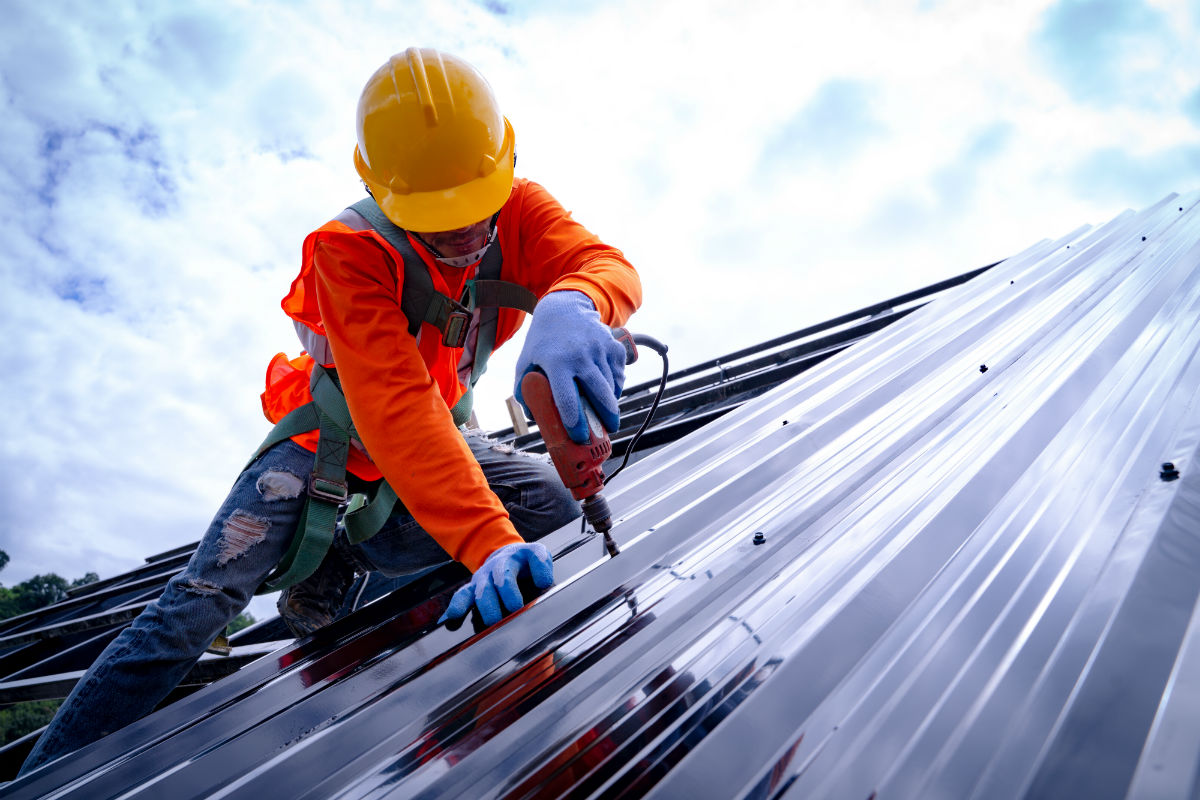Warranties are as varied as the roofs they are intended to cover (no pun intended!)
You should be confident that the warranty you receive is what you require, in as much as it covers you for all the things that might go wrong. And, to be honest, you shouldn’t have to sign a warranty. It should be a declaration of intent given to you by your roofing material supplier.
It must be believable, credible, and actionable. Roof warranties are, all too often, included in a product bundle as a sales tool, telling the client what they want to hear rather than protecting them against system failure.
It’s an important part of what you have purchased, and it may even place certain obligations on you as the customer.
Let’s have a look at some important things to consider when putting your warranty in place.
Reading and Understanding the Commercial Roof Warranty
How many of us skim through a warranty, or just skip over it completely, assuming that it will be impossible to understand or that it can be trusted just because it’s been written by a clever attorney?
This may be OK for your washing machine or TV, but for a complex and expensive commercial roof system, with which many things can go wrong, it becomes vital that your warranty protects you.
Read it thoroughly to make sure that it gives you all of the coverage you require. If you need to, get your own attorney to take a look, or even contact an independent roofing specialist for a second set of eyes.
Adding to or Amending the Warranty
When you’ve read your supplier’s warranty and you’ve understood it—or an expert has helped you to understand it—you have every right to request changes to it. This could turn into a negotiation, and your supplier may refuse to amend or add to your warranty, but it’s the only way to make the document better suited to your purpose.
However, be prepared to listen to your roof supplier’s argument. There may be very valid reasons why they can’t make your warranty more comprehensive, such as material types used, and the local climate your roof will have to deal with on a seasonal basis.
On the other hand, be a little wary if your supplier is too ready and willing to add to or amend your warranty. If they are saying what they think you want to hear, it could be just to get the sale.
The bottom line is to think carefully about the warranty, consult experts, and expect your supplier to be open and willing to explain the finer points.
You May Have Responsibilities Under the Warranty Agreement
Some warranties may only remain valid and enforceable if certain conditions are met. These could include:
- Annual inspections by the roof’s supplier or, better still, an independent roof specialist
- A predefined service and maintenance program that ensures the roof is kept in good condition
- Faults with the roof being reported within a certain timeframe.

Your warranty may be valid for a fixed period of time, say 20-30 years, a timeframe that is usually dependent upon the material type used. If you have followed all of the conditions incumbent upon you, there may be a case for extending the warranty if you speak to your roof supplier before it expires.
This may involve an additional cost and, perhaps, another inspection by your supplier before they agree to it.
Transfer of Building Ownership
The warranty on your roof will add value should you choose to sell your property. That’s only if it has a transfer-of-ownership clause. If you do envisage your business moving to a new property, it will be worth discussing a transfer of ownership clause being added to your warranty before agreeing to begin any work.
This may include additional costs which you will have to offset against the reduced value of your property if you don’t have such a clause in your warranty.
Keep It Safe; Keep It Secure
Your warranty is an important document. Without it, it will be difficult to prove that you have a case for getting compensation from your roofing material supplier.
Keep your commercial roof warranty safe and secure. Place it in the company safe or strongroom. Better still, give it to your attorney or bank for safekeeping.
Rely on a Proven, Reputable Roofing Contractor
Of course, the best way to ensure a suitable warranty is to employ a reliable and reputable roofing contractor at the outset. This will guarantee not only a comprehensive material and craftsmanship warranty, but it will also ensure the installation of a high-quality roof in the first place.
For more information on commercial roofing services, contact A-to-Z Roofing & Exteriors. We’ll answer all of your questions and serve as an expert resource for whatever roofing needs you might have today and tomorrow.

